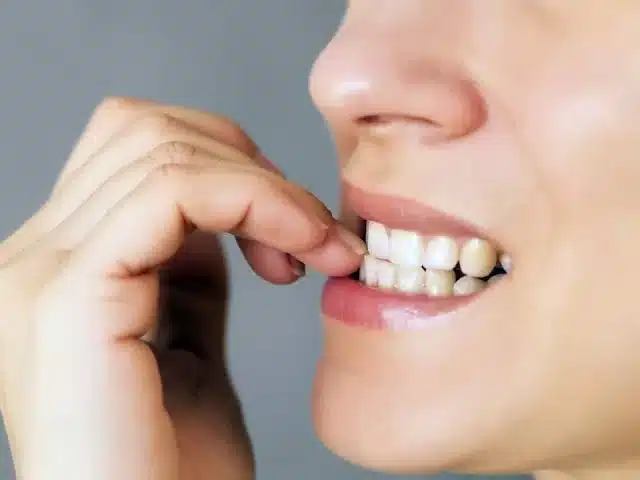
Welcome to a comprehensive exploration of Dermatophagia, a condition that impacts many individuals worldwide. In this article, we will delve into the symptoms, treatment options, risk factors, and additional insights to provide you with a thorough understanding of this condition.
Unraveling Dermatophagia Symptoms
What is Dermatophagia?
Dermatophagia is a psychological disorder characterized by the compulsion to bite one’s own skin. This compulsive behavior is often a coping mechanism for underlying stress or anxiety. Individuals with dermatophagia may focus on biting the skin around their nails, fingers, or other body parts.
Recognizing Dermatophagia Symptoms
- Skin Damage: One of the hallmark symptoms is noticeable damage to the skin due to persistent biting.
- Bleeding and Infections: Continuous skin biting can lead to bleeding and increase the risk of infections.
- Psychological Distress: Dermatophagia is often associated with psychological distress, including anxiety or depression.
Treatment Options for Dermatophagia
Seeking Professional Help
If you or someone you know is dealing with dermatophagia, it’s crucial to seek professional assistance. We recommend consulting with a mental health professional, such as a psychologist or psychiatrist, who can provide personalized guidance.
Behavioral Therapy
Behavioral therapy, particularly cognitive-behavioral therapy (CBT), has shown promising results in treating dermatophagia. CBT helps individuals identify and modify negative thought patterns, addressing the root causes of compulsive behaviors.
Medication
In some cases, medication may be prescribed to manage underlying anxiety or obsessive-compulsive tendencies. However, medication should always be prescribed and monitored by a qualified healthcare professional.

Exploring Risk Factors
Understanding the factors that contribute to dermatophagia is crucial for effective management.
Stress and Anxiety
High levels of stress and anxiety are often linked to the onset and exacerbation of dermatophagia. We encourage adopting stress-reduction techniques such as mindfulness, meditation, or exercise.
Genetic Predisposition
Research suggests a potential genetic predisposition to dermatophagia. If there’s a family history of similar compulsive behaviors, it’s essential to be vigilant and seek early intervention.
Conclusion
In conclusion, dermatophagia is a complex condition that requires a multifaceted approach to treatment. By recognizing symptoms, seeking professional help, and addressing underlying risk factors, individuals can take positive steps toward managing and overcoming this challenging disorder.
